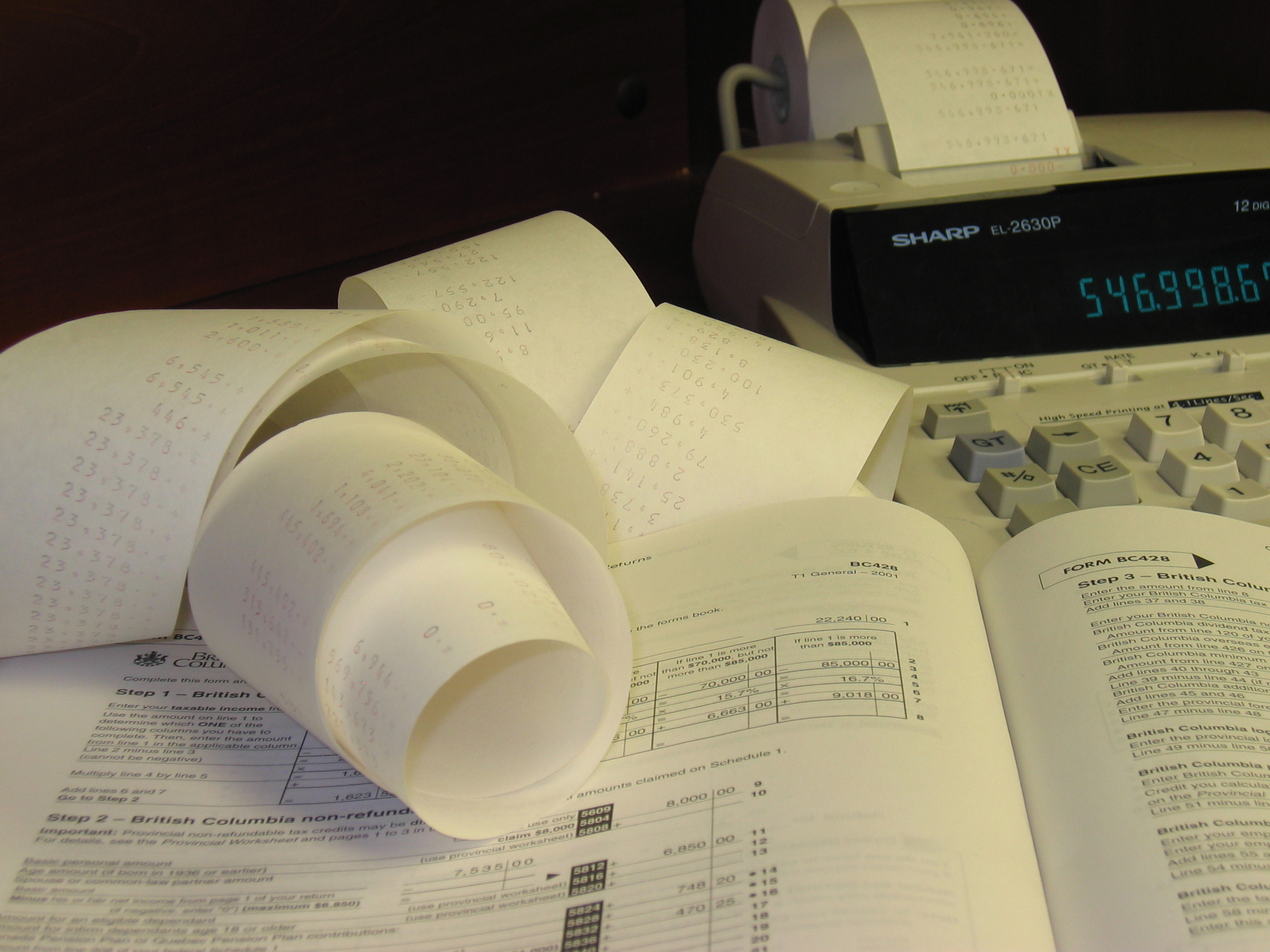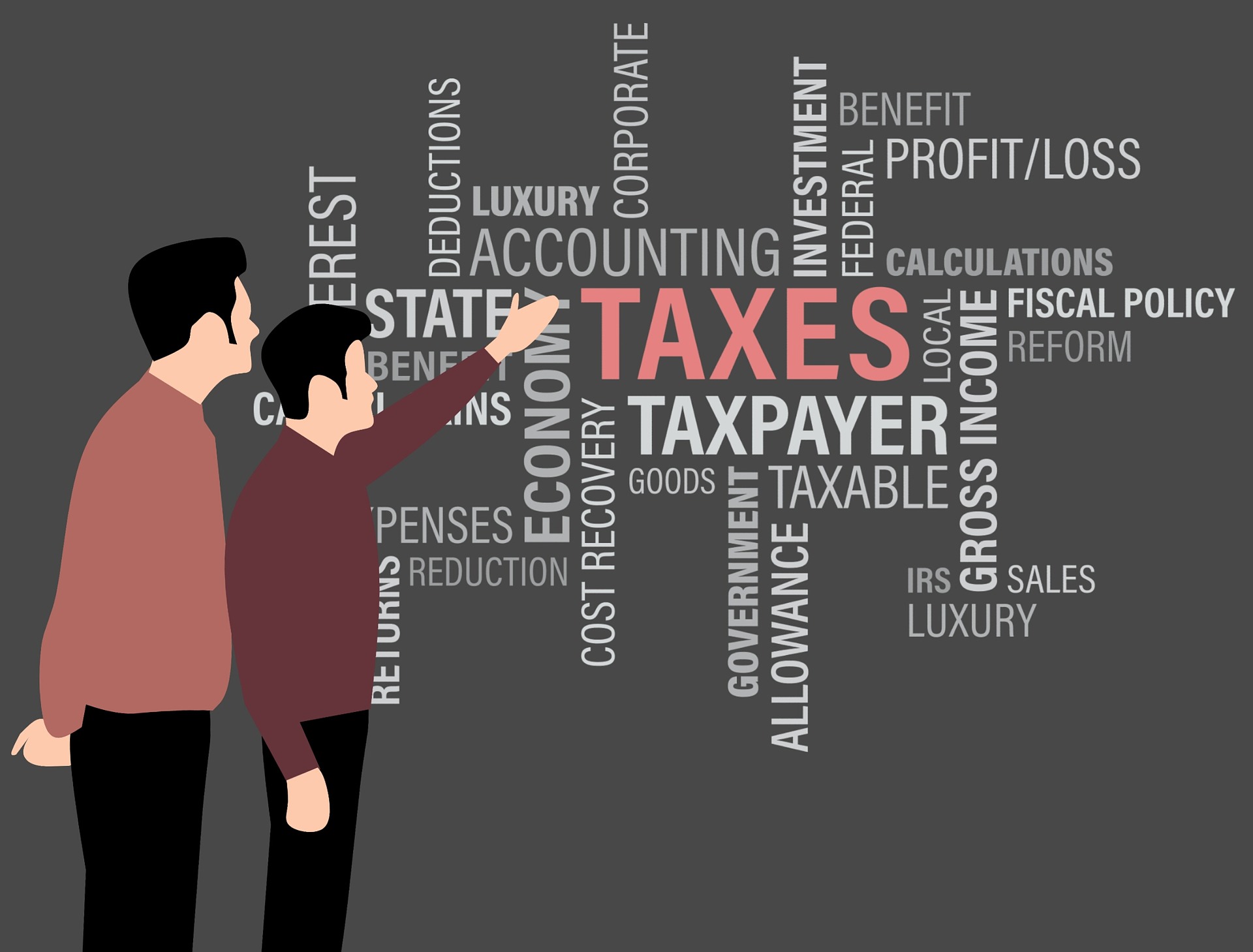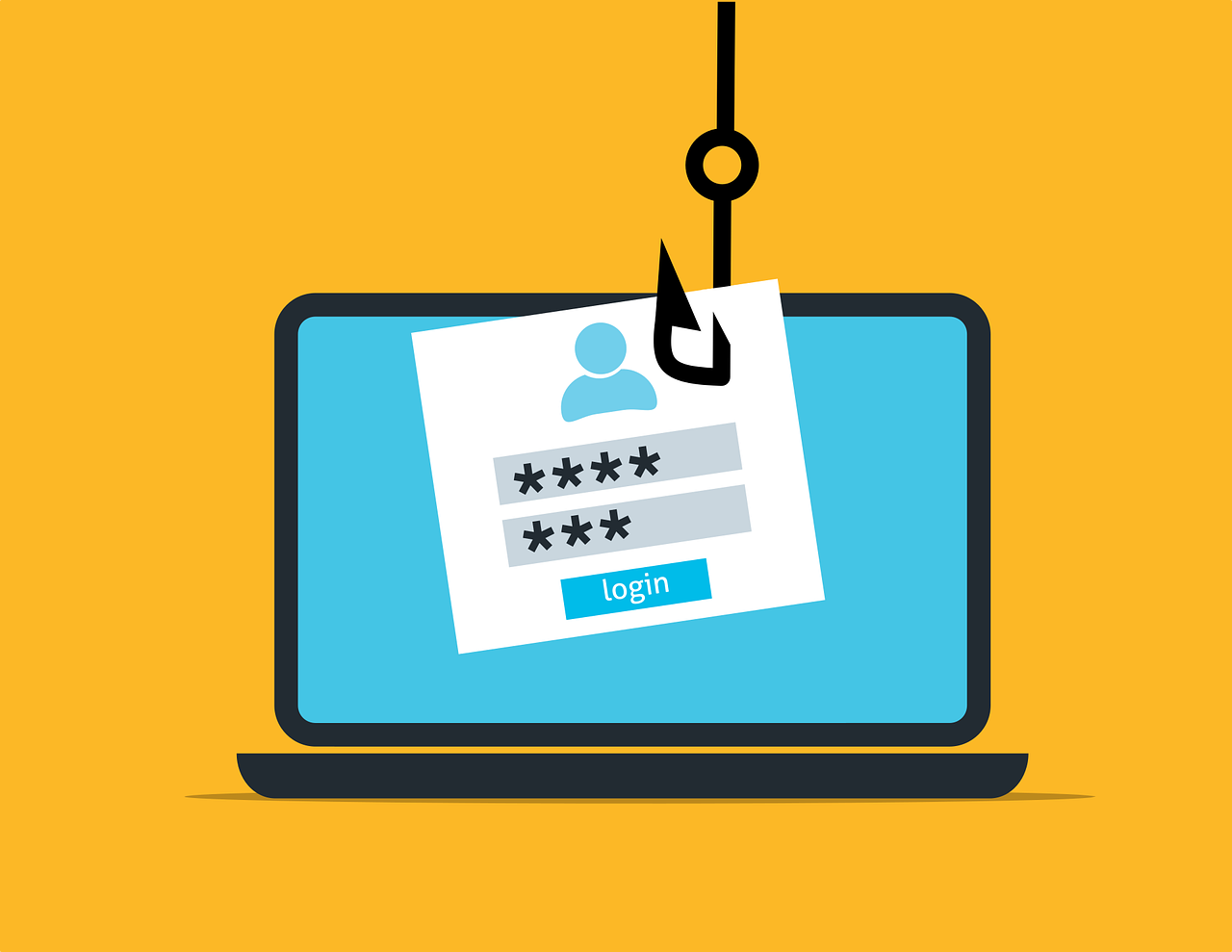Filing your taxes is an unavoidable responsibility, as a business owner. Keeping your financial records organized throughout the year will definitely help to simplify this task. Here are a few valuable tips to ensure you benefit from all available deductions without sending up any red flags:
Seek professional help
During your fist year as a business owner, you should refrain from using a tax software program to complete your return. Granted, a lot of these programs are highly effective but they’re not built to provide important advice and tips to new entrepreneurs, during the filing process. For at least the first three years of your business, the best and most cost efficient alternative is to hire a tax professional trained to handle these tasks. Upon building a fairly solid knowledge of tax issues, you can then decide whether or not it’s appropriate to trust a software program for this important and delicate chore.
Compensate family members
If you divide your income with your spouse or any other relative who contributes to your business, it can significantly lower the family unit’s overall tax bill. However, this rule is only true if the family member happens to be in a lower tax bracket. Have a discussion with your tax expert before the year-end to get this arrangement worked out properly
Do not miss deductions
There are a lot of deductions that business owners can miss if they are not thoroughly organized. Besides legal fees, vehicle expenses and home-based business write-offs; you need to remember to claim your capital asset deductions. Certain assets belonging to the business may depreciate differently, however, special deductions such as recently purchased technical equipment, are eligible to be fully depreciated.
Separate your personal and business items
Avoid mixing your business accounts, your merchant credit cards with your personal credit cards and accounts. It is very easy to do on a daily basis yet; it could be quite difficult to sort out – at the end of the year – if you happen to be audited by the CRA. You want to have the ability to easily show that you have kept all of your personal expenses separately.
Identify and avoid red flags
Most new business owners, unfortunately raise red flags simply because they cannot recognize areas closely monitored by the CRA. For small business owners, keeping personal and business spending independently is crucial. Failing to adequately track these items usually results in a generous overestimate that grossly misrepresent the actual business spending. For instance, people who use their personal vehicles for business-related tasks, might record a hefty percentage of their total miles driven without accounting for the fact that many of these miles – including those that are spent driving to and from the workplace – are not actually business-related. Until you develop a keen understanding of which deductions are likely to land you an audit, it is generally best to let a reputable tax professional oversee at least this are of your filing.











